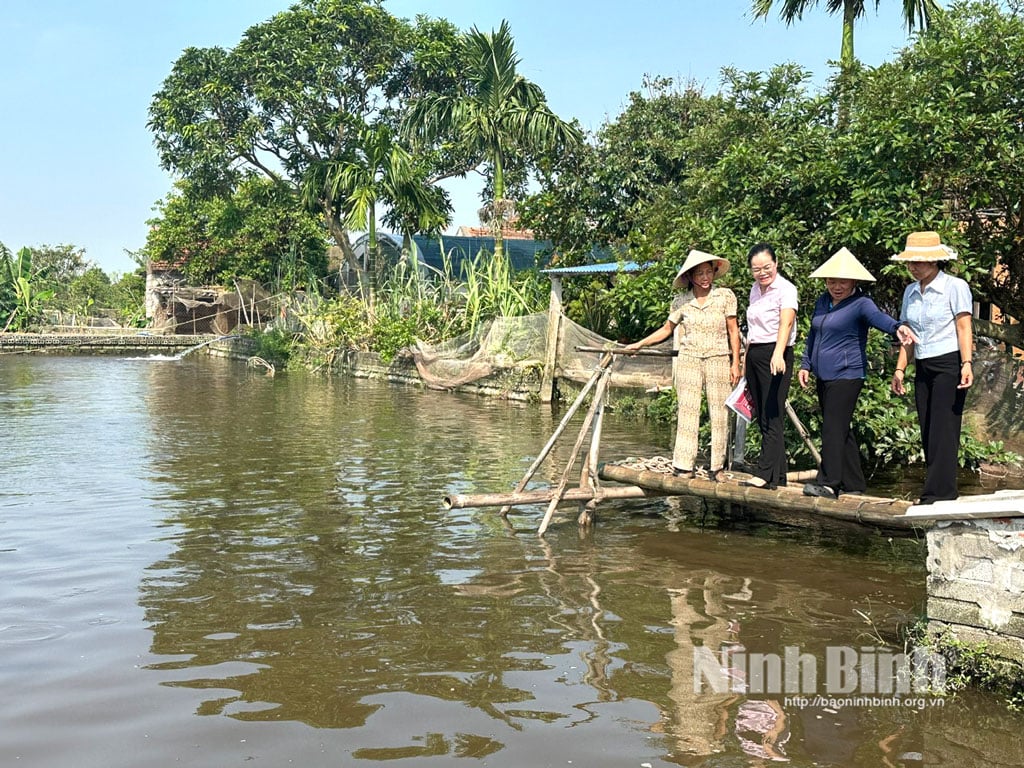
Sustainable enrichment models
In Rang Dong commune, the story of many households' rise is a vivid proof of the effectiveness of policy credit capital. Ms. Nguyen Thi Duyen is a typical example. With 100 million VND in job creation loans, her family boldly invested in aquaculture, including grouper and shrimp. Thanks to her diligence in learning techniques and working hard, her family harvested 5 tons of grouper and nearly 500 kg of commercial shrimp last season. Not only stopping at aquaculture, she and her husband also flexibly diversified their livelihoods with handicrafts and vegetable growing, thanks to which, the family's total annual revenue reached about 300 million VND, after deducting expenses, the profit was 100 million VND.
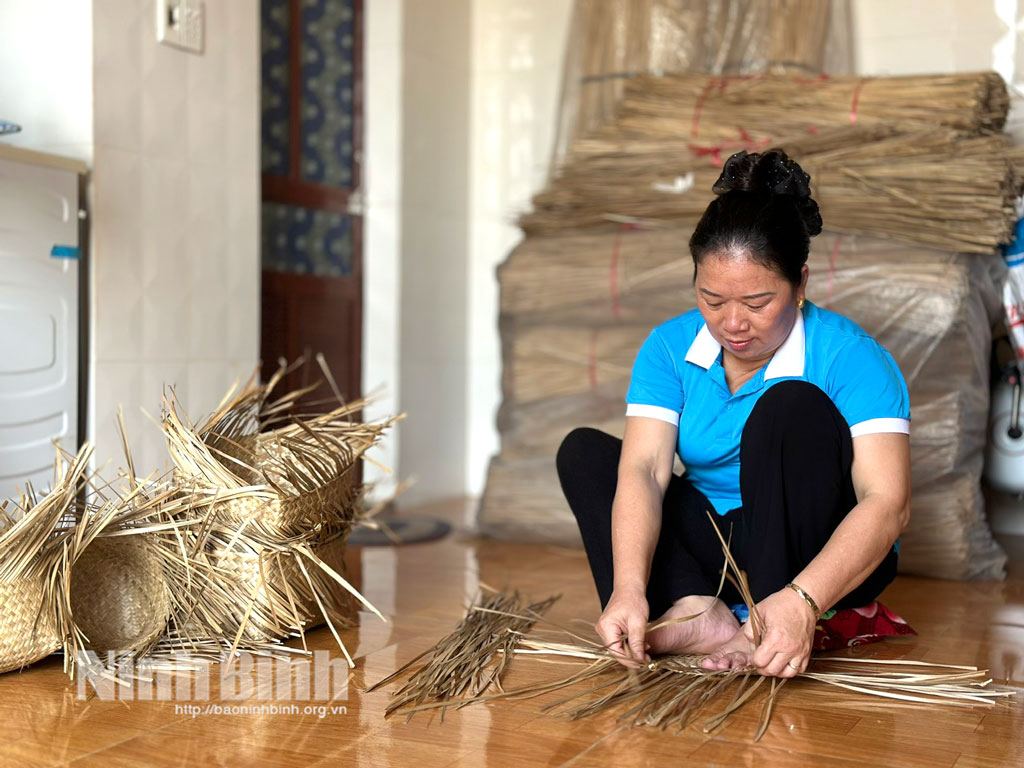
More notable is the case of Ms. Tran Thi Lien, Hamlet 6, Rang Dong Commune. She has been associated with the VBSP since 2009 when her family was still poor. She has made the most of credit programs: from capital for poor households, near-poor households, newly escaped poverty households, to student capital and job creation capital. Thanks to preferential capital, she and her husband invested in aquaculture, helping the economy gradually improve. Currently, with 1,000 m2 of water surface, her family raises snakehead fish, catfish and frogs, each year bringing in about 8 tons of frogs and 30 tons of commercial fish, with a revenue of nearly 2 billion VND and a net profit of 500 million VND. More happily, all 3 of her children are now studying at university, bringing more confidence in a brighter future.
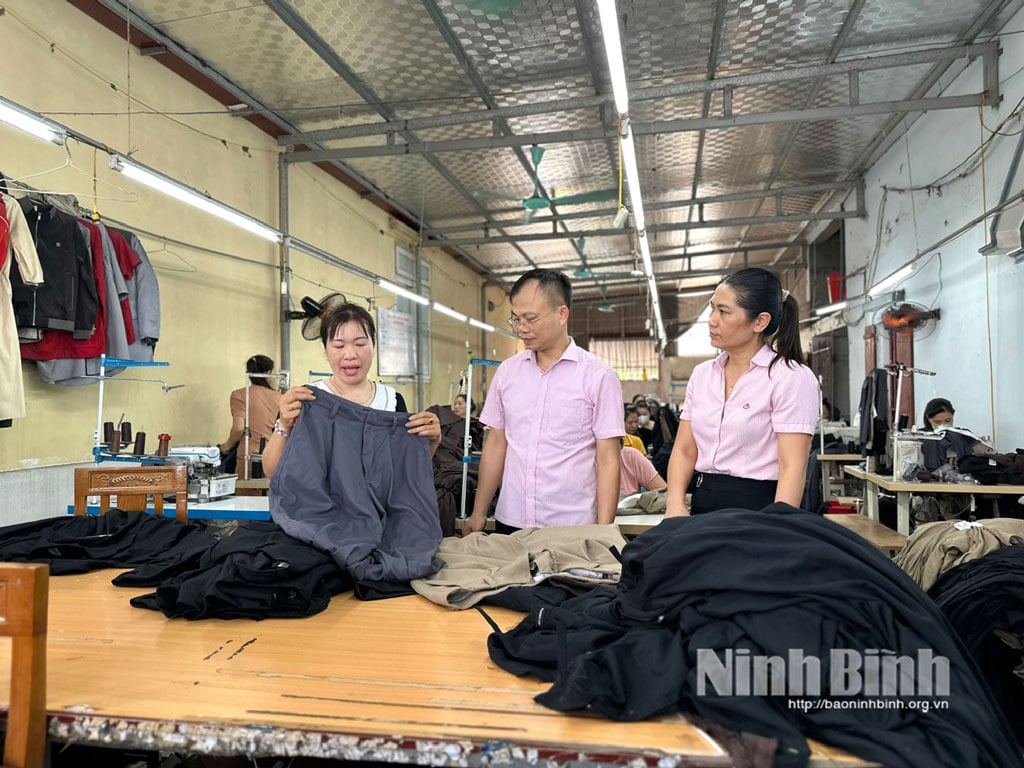
The story of capital "giving wings" to create livelihoods for coastal people is not limited to the fisheries sector. In Hai Xuan commune, policy credit capital has accompanied people in the multi-sector development process. Ms. Nguyen Thi Nhu, owner of Phu Long garment factory, is a typical example of rural industrial development. Her garment factory was established 5 years ago. To have a production scale of 100,000 products per year, revenue of 4.5 billion VND, creating stable jobs for 15 local workers as present, an important part comes from the initial support of the Vietnam Bank for Social Policies.
Ms. Nhu shared that the year 2022 is when the factory needs to expand but has difficulty in capital. At that time, 60 million VND in capital to create jobs, although not a large amount, but for us, it is extremely valuable. This loan has helped me buy 5 more sewing machines, promptly expanding the scale of production, meeting large export orders to demanding markets such as the UK and the US.
Meanwhile, Mr. Do Van Khai, Xuan Dai Dong hamlet, Hai Xuan commune, focuses on developing the local traditional bonsai profession. Receiving 50 million VND from the loan capital for near-poor households, he and some other farmers pooled their capital to buy tree embryos, including various types of trees such as Sanh, Si, Tung, etc. to plant, care for, prune, and shape them into beautiful finished products with higher selling prices. Currently, with 1 hectare of garden, Mr. Khai owns more than 100 large, beautiful bonsai trees with prices ranging from several million to hundreds of million/tree. From the bonsai profession, Mr. Khai's family economy has gradually improved, with food and savings.
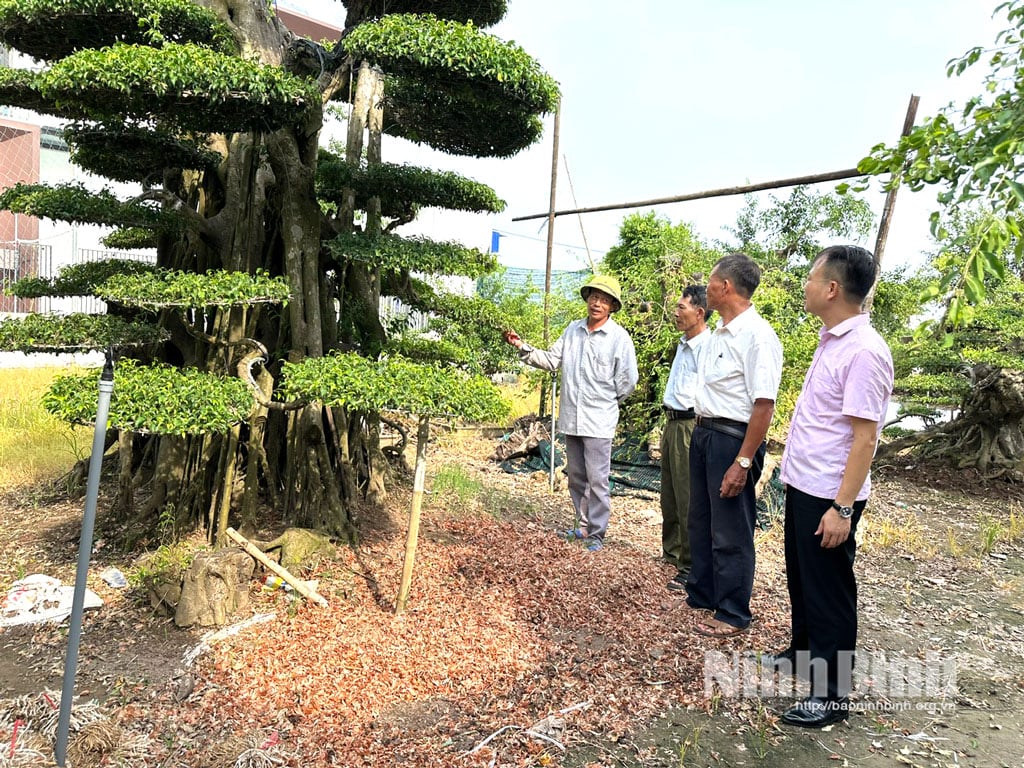
Challenges in trust funds and management
The success of economic models has shown that coastal people are mostly hard-working, bold, and daring. However, what they crave most is capital, the need for capital is huge, especially capital to create jobs.
Talking to us, Ms. Nguyen Thi Loan, Head of the Women's Union, Head of the Savings and Loan Group in Hamlet 9, Rang Dong Commune, explained the attraction of policy capital: Local people have a huge need for capital to invest in aquaculture, seafood processing, handicrafts, and boat repair to develop seafood fishing. The reason why the capital source of the Social Policy Bank is trusted and welcomed by people is because it has outstanding advantages that no other commercial capital source has: preferential interest rates, no need to mortgage assets, and long loan terms. In fact, in recent times, thanks to this preferential capital source, many people here have escaped poverty and become rich.
Talking about the responsibility of ensuring the capital is used most effectively, Ms. Loan affirmed: In our role, in order for this capital to not be wasted and to be used most effectively, we must carry out very strict management right from the loan evaluation stage. We require households to have a production plan, use capital effectively, feasible and have the ability to repay the debt before being approved. This is to ensure that the capital is used for the right purpose and create sustainable value for the people.
From a management perspective, statistics are the most objective measure of the effectiveness of policy capital. Comrade Tran Thi Hao, Director of the Transaction Office of the People's Credit Fund of Nghia Hung, said that the unit is serving over 14,600 borrowers with a total outstanding loan balance of over 700 billion VND. Notably, coastal communes (Rang Dong and Nghia Lam) account for 50% of the total outstanding loan balance of the entire management unit, showing great attention and focus on supporting the marine economy.
An impressive highlight is the efficiency of capital management. The bad debt ratio at Nghia Hung Transaction Office is extremely low, only 0.06% of total outstanding debt. This figure is the clearest evidence of the tight management of the Social Policy Bank, the effective coordination of the entrusted associations, and above all, the awareness of capital use, high production and debt repayment capacity of the coastal people.
Similar to Nghia Hung, the figures from the Hai Hau Social Policy Bank Transaction Office also show the key role of policy capital in the economic and social development of coastal communes. Director of the Transaction Office, Mr. Do Van Phi informed: the unit is managing loans to 8 communes, including 3 coastal communes: Hai Thinh, Hai Tien, Hai Xuan. The outstanding debt of the Transaction Office is the second largest in the province with over 16,000 customers, the 3 coastal communes alone have the largest outstanding debt of 350 billion VND, of which the job creation loan program is over 40 billion VND. This shows the priority of the Social Policy Bank in shifting the economic structure and creating stable livelihoods for workers in coastal areas.
Despite the encouraging results, this preferential capital flow is still facing challenges in terms of resources and mechanisms to fully meet the people's aspirations to get rich. Ms. Tran Thi Hao, Director of the Nghia Hung Social Policy Bank Transaction Office, said: Currently, with a job creation loan of 100 million VND/household, households are very interested and eager to access this capital source.
However, the expansion of lending scale is limited by low local capital trust, only 3.4%, which is a barrier that makes the capital to support employment unable to meet the huge needs of the people. Therefore, we strongly hope and recommend that the Party Committees and Provincial People's Committees continue to pay attention to and supplement local capital trust. This is to effectively implement Directive 39-CT/TW, dated October 30, 2024 of the Secretariat on improving the effectiveness of social policy credit in the new period and promptly meet the demand for loans in general and people in coastal areas in particular. In addition to the capital challenge, the implementation of 2-level local government, eliminating the district level, has also caused some disruptions in the trust work, requiring the consensus, support and timely direction of localities so that the loan process is not interrupted.
Policy credit has been playing an indispensable role, a solid launching pad for the development of Ninh Binh coastal economy. In order for this capital flow to continue to flow more strongly and effectively, increasing the local entrusted capital source and expanding the job creation loan program are key solutions, promptly responding to the legitimate aspirations of the people here to get rich.
Source: https://baoninhbinh.org.vn/tin-dung-chinh-sach-danh-thuc-khat-vong-lam-giu-cua-nguoi-dan-ven-bien-ninh-bi-251014145448341.html








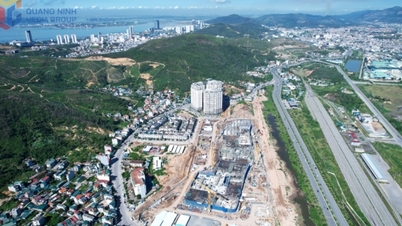

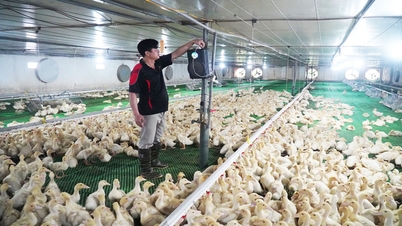





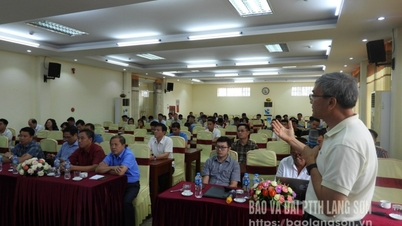









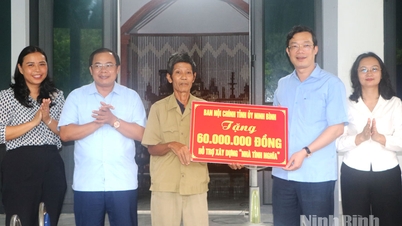




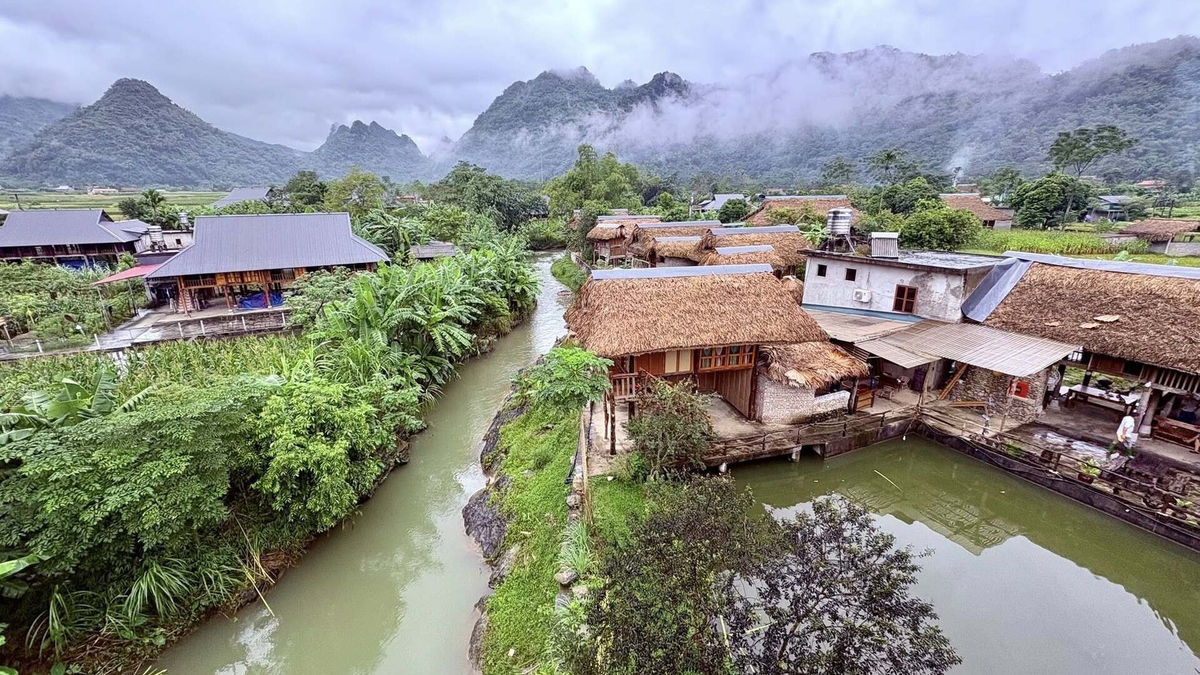
![[Photo] Ready for the 2025 Fall Fair](https://vphoto.vietnam.vn/thumb/1200x675/vietnam/resource/IMAGE/2025/10/14/1760456672454_ndo_br_chi-9796-jpg.webp)






















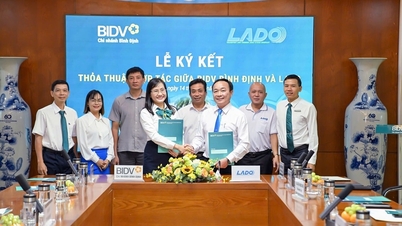





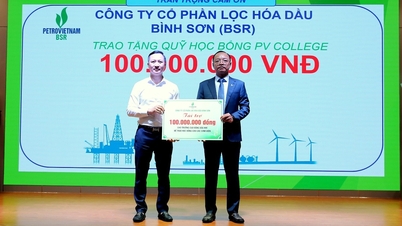















![[Photo] General Secretary To Lam chairs the meeting of the Central Steering Committee on science, technology development, innovation and digital transformation](https://vphoto.vietnam.vn/thumb/402x226/vietnam/resource/IMAGE/2025/10/15/1760500443782_anh-man-hinh-2025-10-15-luc-10-52-47.png)






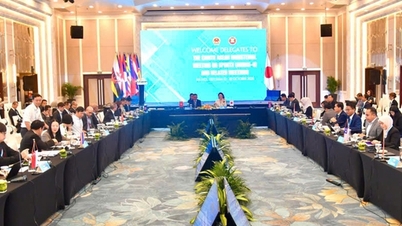


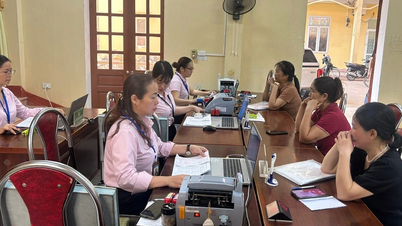























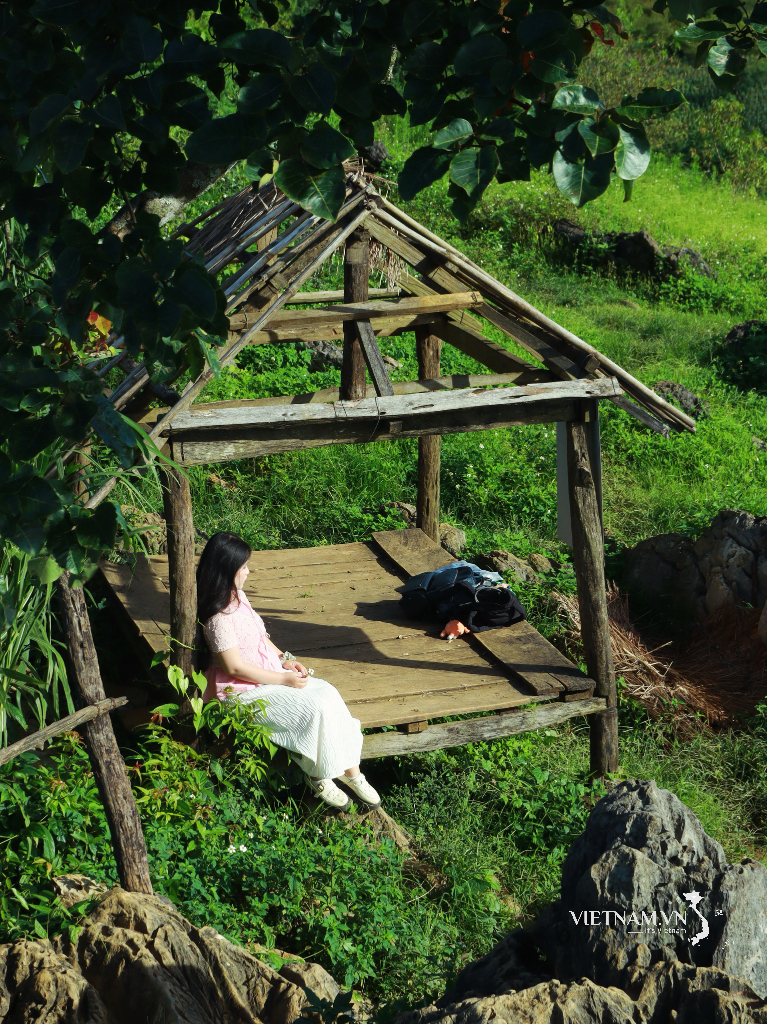
Comment (0)